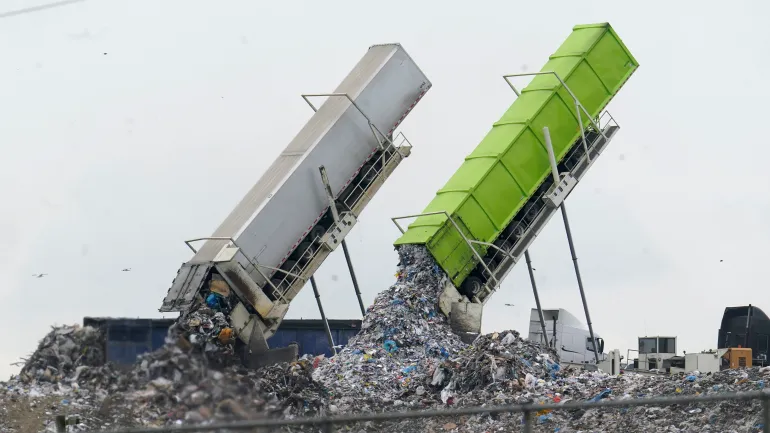A staggering 19% of the world’s food supply, totaling approximately 1.05 billion metric tonnes, was wasted globally in 2022, as per a recent report by the United Nations. Released on Wednesday, the UN Environment Programme’s Food Waste Index Report monitors countries’ efforts to halve food waste by 2030.
The report noted a nearly twofold increase in the number of countries participating in the index since its inaugural release in 2021. While the 2021 report estimated that 17% of the global food supply in 2019, amounting to 931 million metric tonnes (or 1.03 billion tonnes), went to waste, caution was advised against direct comparisons due to insufficient data from numerous countries.
Co-authored by the UNEP and the Waste and Resources Action Programme (WRAP), an international charity, the report analysed data from countries on household, food service, and retail levels. It revealed that the average individual discards about 79 kilogrammes (roughly 174 pounds) of food annually, translating to over 1 billion wasted meals daily across the globe.
Households accounted for the majority—60%—of this waste, with food services (restaurants) contributing 28% and retailers responsible for 12%.

The report arrives at a time when over 780 million people worldwide endure chronic hunger, exacerbating food crises in various regions. Ongoing conflicts, such as Israel’s bombardment of Gaza and unrest in Haiti, have exacerbated these crises, with experts warning of an impending famine in northern Gaza and looming food shortages in Haiti.
Beyond humanitarian concerns, food waste exacts a significant environmental toll, including the depletion of land and water resources for agricultural purposes and the emission of greenhouse gases like methane, which has contributed about 30% to global warming since pre-industrial times.
The report emphasises that food loss and waste generate 8 to 10 percent of global greenhouse gas emissions, positioning them as the third-largest emitters after China and the US.
The report noted significant progress in addressing food waste in low- and middle-income countries but stressed the need for wealthier nations to spearhead international cooperation and policy development in this regard.
Many governments and industry groups are leveraging public-private partnerships to combat food waste and its environmental repercussions. Collaborations between governments, municipalities, and businesses along the food supply chain are yielding commitments to measure and reduce food waste.
Moreover, the report underscores the importance of food redistribution efforts, such as surplus food donations to food banks and charities, particularly among retailers.
The authors of the report highlighted that per capita household food waste disparities between high-income and lower-income countries were narrower than expected, signifying that food waste is a global issue rather than solely a problem of affluent nations.


